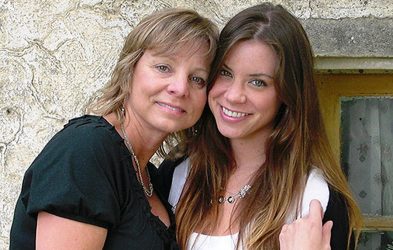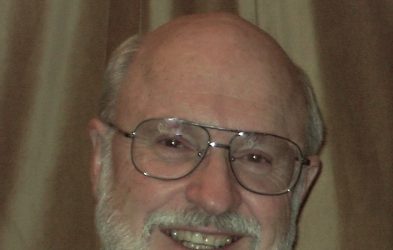By Karen Kaplan
Being a healthcare chaplain is like being a detective. When a person on hospice talks with me about dying, I immediately want to hunt for what is beneath the surface. How are they talking about it? Why during this particular visit? What are they not saying? If they are asking to die ahead of schedule, I especially want to help them express what is driving this wish. I cannot help but wonder if some people who opt for a doctor-assisted death would no longer find it compelling if they only had the right venue to (1) unbury unresolved emotional and spiritual distress, and (2) to fully understand it and fully feel it by relating it out loud to a nonjudgmental listener who is willing to receive it. I strive to provide that safe and sacred place.
Providing Life with Dignity
Such a place is rarer than we might expect. Almost anyone we talk to has their own agendas, their own emotional baggage, their own anxieties and discomforts. Most people rather talk than listen. We all know that, because when we are trying to talk about something that triggers strong emotions, we do not get very far without being interrupted. Even worse, the content of their interruptions often minimize or otherwise dismiss our feelings. Thus many people are deprived of the dignity of having their feelings honored. As a chaplain and as a hospice chaplain in particular, my aim is to provide life with dignity such that terminal patients will more likely be emotionally and spiritually at peace when they die. I think society should advocate for more of such care as yet another safeguard against a doctor-assisted death that need not happen. As much as the death with dignity movement wants to ensure a dying person’s legal rights to have control over his or her death, I do think it is their duty to put at least as much energy into ensuring all other alternatives have been exhausted. Thus, for example, properly trained chaplains for end-of-life care should be funded not just for hospice patients but for anyone facing death who is not on hospice and who wishes to talk with one.
The last time I was invited to write for this website, I answered the editor’s question about why I chose to write my career memoir, Encountering The Edge: What People Told Me Before They Died. This time I would like to share an excerpt from this book that shows how one of my patients, who I will call Mrs. Wilson, grappled with her search for meaning as she discussed her own end.
From Encountering The Edge
I had a 97-year-old patient who could be witheringly blunt about her concerns about her own death as well as just about everything else. Mrs. Wilson usually turned down my offers to visit, but accepted just often enough for me to keep trying as I made my rounds in the assisted living section. Her refusals were very abrupt and off-putting, so I had to coax myself to keep giving a knock on her door and not give up. One day she was seated by a small round table sorting through her mail, and deigned to let me in “for a few minutes but that’s all.” She delegated the task to me of throwing away each rejected piece one by one. (Apparently they and not I were the object of rejection that day.)
Mrs. Wilson was mourning her own end, which she could not have been blunter about. She assailed me with question after question concerning her impending nonexistence. It was all I could do to force myself to keep my eyes on her face and not hem and haw. Looking at me as if ready to confirm I would disappoint her by having no answers, she asked, “How do I prepare to die? What do I tell my children” I talked of reviewing loose ends in relationships and of pondering her legacy, but she rejected those options as readily as the doomed pieces of mail. “I have no loose ends to resolve,” she retorted. Given some mutterings over certain family members during former visits, I knew this was hardly the case. But there was no reason to challenge her. Furthermore, I believe that some of the things chaplains and social workers and therapists say to the people they serve are like time capsules. After the visit is long over, the patients may choose to release those words into their consciousness. Words that initially were jarring can soothingly cleanse away hurts that had been held in bondage for a good period of time. Before I left, she went on to say that my responses to her questions confused her. So she was already considering the provocative implications of my answers, while I was left wondering what she had hoped to hear me clarify.” (When I saw her a few weeks later, she had stopped putting up barriers to our interaction, acting more kindly than I had ever seen.)
The Final Lap
This particular excerpt is clearly not about someone who wants to have help with an early death. But it does show the complexities and ambiguities involved in making sense of our current and past life against the poignant drama of knowing we are in the final lap. May we not be too hasty in procuring our own end lest we miss out on some of the most significant scenes before the final curtain descends.
About the Author
In 1992 Karen became one of the the first 200 female rabbis in the world. In 2007 she became a board-certified chaplain and served in hospices on the East Coast for 7 years. She is the author of the book Encountering The Edge: What People Told Me Before They Died which consists of true quirky stories about her hospice patients and what they most cared about and believed in (the book is available on Amazon and wherever books are sold, as a softcover or as an ebook; excerpts and reviews are available at the website of Pen-L Publishing.). Karen also blogs at Offbeat Compassion.*
Read our open call for guest writers →


No comments.